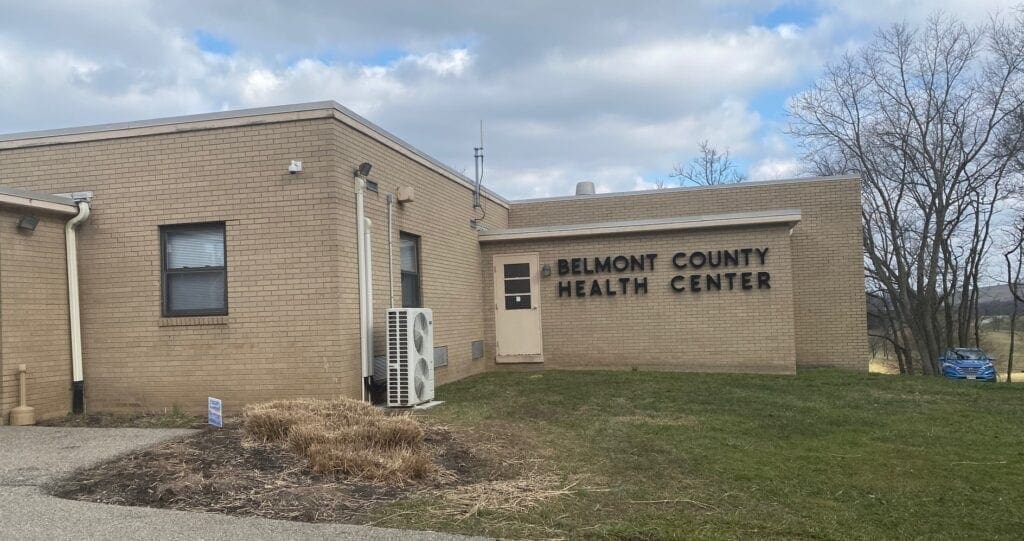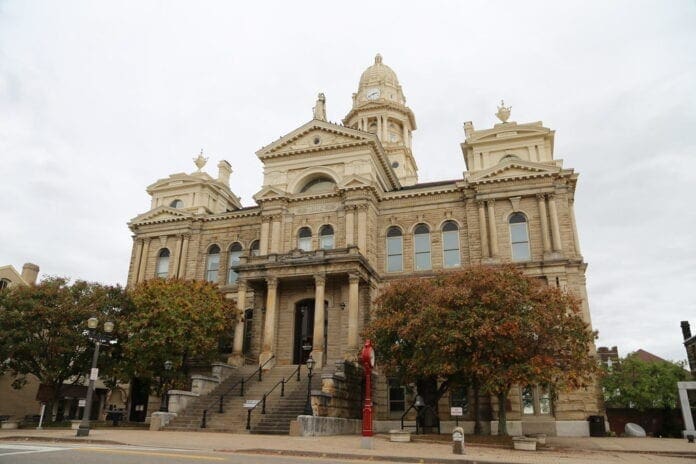The Ohio Valley Mall shut down. Restaurants were limited to take-out only. Barbers, salons, and retail businesses were shuttered.
Keep in mind the Belmont County Commission heavily relies on sales tax revenue to offer a plethora of services to residents. That meant the closures forced by the coronavirus greatly impacted the county coffers.
However, according to Belmont County Commissioner J.P. Dutton, reorganizing the Commission’s finances tremendously help ease the pain before funds were received from the federal Cares Act and the American Rescue Plan.
“That is why the pandemic didn’t teach us anything but instead it confirmed something for us,” Dutton said. “It has everything to do with being cautious with the public’s money and an important part of that is being prepared for situations like this one. Now, of course, a pandemic is an extreme situation that no one can be prepared for, but we feel very strongly that our work did set us up to be in an OK situation when the pandemic began.
“By reworking the county’s debt, it meant we didn’t have all of those payments that we had to make and it allowed us to be flexible at the same time,” he said. “And now, that flexibility will give us the opportunity to partner in an economic development project that may come up in the future. You don’t have that choice to make when there’s no funding in the account. But that is not the situation today because of budget work that we completed even before the pandemic began.”

The Rescue Plan
Dutton confirmed the three members of the Belmont County Commission has started the process of preparing to utilize approximately $12.9 million received from the American Rescue Plan. The Commission received its first of two installments in late April and then received the attached spending regulations in mid-May.
The American Rescue Plan included a national vaccination program, $1,400 stimulus payments to eligible citizens, and support for local and state governments.
“We are able to use some of the funding infrastructure, and that includes roadways but also water and sewer so we’ll be taking a look at those possibilities, and we’ll also be looking at broadband,” Dutton explained. “That’s something all communities in this area are looking very closely at right now because during the pandemic everyone realized just how important broadband is.
“The difficult part involving broadband is actually making projects happen,” he said. “Even before the pandemic, we knew how important internet access is, but when we look around, we don’t see the private sector involved with a lot of projects. But now there are funds from the federal and state governments to help more of those projects take place. We have been communicating with some of those companies, so we hope we see more take place in the future.”


